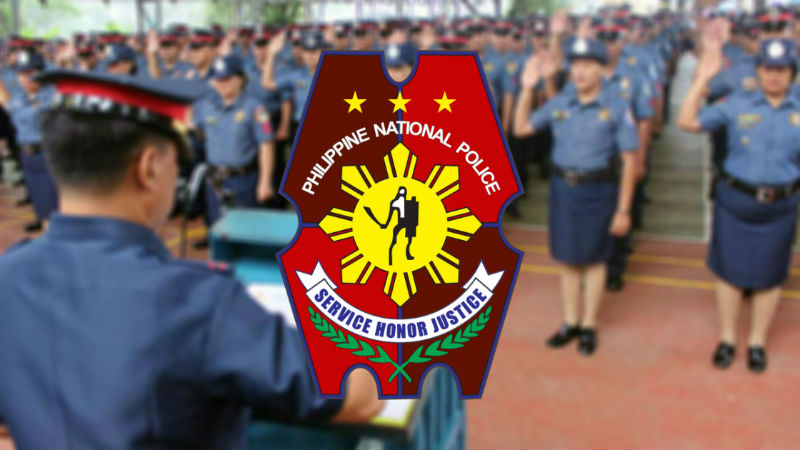The long standing issue among various factions of the Cordillera Peoples Liberation Army (CPLA) where to continue to exist as an armed group sanctioned by concerned government agencies came to a close with the final wave of integration of former rebels to the Philippine Army. CPLA can no longer transact business with concerned government agencies, local government and the private sector because it no longer exists following the finalization of the July 2011 closure agreement. After the formalization of the closure agreement, a new socio-economic group now known as the Cordillera Forum for Peace and Development (CFPD) has emerged to be the partner of government in the implementation of programmed development projects in the countryside like in remote villages in the Cordillera that remain deprived of development projects and basic services.
We have to give credit where it is due. The status of the Cordillera Administrative Region (CAR) as a special administrative region could not have been achieved if not for the prolonged armed struggle of the late Fr. Conrado Balweg who bolted from the New Peoples Army to establish the CPLA and became a potent force in lobbying for the signing of the famous ‘sipat’ or the Mount Data peace agreement which was signed between Fr. Balweg and former President Corazon C. Aquino, mother of incumbent President Benigno Simoen C. Aquino III. After the signing of the Mount Data peace agreement on September 13, 1986, President Cory then issued Executive Order No. (EO) No. 220 that created the CAR which already existed for over 28 years now while preparing the region for the much awaited autonomous status.
One of the major accomplishments of the Cordillera Bodong Administration and the CPLA as its armed component was the inclusion in the 1987 Philippine Constitution the grant of autonomy to the Cordillera and Muslim Mindanao. The Cordillera was given two opportunities to achieve autonomy but both attempts failed primarily because of issues on the watered down version of the autonomy law and lack of adequate information education campaign during the January 1990 plebiscite and insufficient time to expound on the salient points of the second autonomy law during the March 1998 plebiscite.
Numerous controversial issues had confronted the CPLA through the years until such time that there were created factions that claimed legitimacy over the others. AOne of the issues that significantly created a negative perception of the public on the CPLA is the fact that some of them were allegedly used to protect informal settlers who occupied titled properties in various parts of the region in exchange for so-called ‘protection money.’ Further, some of them also used their arms to harass people for them to be able to allegedly extort money from them or reportedly grab the lands of innocent individuals, especially prime properties in the urban centers.
Much had been said about the CPLA over the past two decades but the fact remains that it was able to play a key role in the region’s colourful history. While we have to bid goodbye to the CPLA as an armed group and welcome a socio-economic partner in the CFPD, we must be able to inculcate to the minds of the present and future generations the great role that it played in the establishment of the CAR and the realization of the autonomous region in the Cordillera once it will materialize. Let us not forget that we owe our special temporary administrative region status to the CBA and CPLA who were able to lay the ground work that initially gained success with the creation of the CAR over two decades ago.
It is now for the present and future generations of Cordillerans to continue the unrelenting and uncompromising campaign to eventually achieve autonomy for our region. Let us individually and collectively work together in coming out with strategies on how to convince the national government, the present or future administration, to support our clamor for self-governance that would surely be our vehicle in fastracking the development of remote communities regionwide. Let us give justice to what our forefathers had fought for. The current disagreement on the clamor for regional autonomy boils town to the parochial interests of influential tribal leaders and incumbent politicians who want to lord it over the provinces that they are leading.
WE must be circumspect in trying to decifer who among our leaders are the ones speaking from their heart and who are really the true advocates for self-governance. Let us not be simply persuaded by those who continue to pretend as the ones who are fighting for our case but they have the obvious hidden agenda once they are elected to office by the people. Let us learn to voice out what we know is right for not only the present generation but also the future generations of Cordillerans because we might be blamed for having been remised on our obligation to them.














